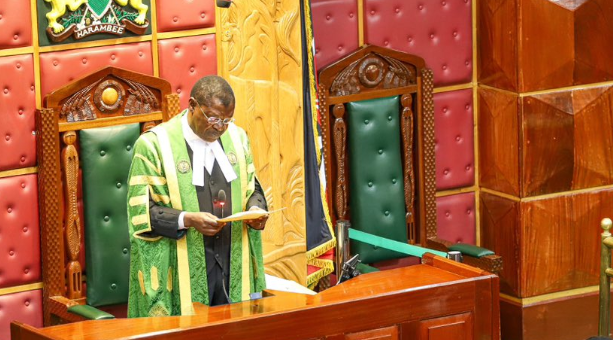Japan is offering sex workers financial aid

Mika is worried. As a sex worker in Japan, she used to see three or four clients a day — then the coronavirus pandemic hit. Now, with people staying home and avoiding close contact, she’s out of clients and out of money.
With no savings or other sources of income, Mika says she is living off borrowed money. She has tried to find other jobs, but nobody’s hiring in the middle of an economic crisis. At this rate, she might not be able to pay rent or afford basic necessities, let alone pay off the debt she has recently taken on.
“I’m worried if I will have a place to live or if I can find a job to get money to live,” she said, using a pseudonym to protect her privacy. “I worry about (my health) of course, but now I worry more about how to survive.”
Sex workers across Japan have been hit hard by closures and restrictions due to the pandemic. The entire country is under a state of emergency, with many businesses ordered to shutter and people advised not to go out.
There are now at least 10,797 cases nationwide and 236 deaths, according to Johns Hopkins University.
To soften the economic blow, the central government has launched a massive stimulus package worth 108 trillion Japanese yen (about $989 billion). After some controversy, sex workers are eligible to apply for aid, under certain conditions — a move some activists have hailed as a sign of progress for an industry that has long suffered social stigma.
But for many sex workers, the package offers little reassurance — and its rules for eligibility seem opaque and restrictive. Some aren’t sure how to apply for benefits without effectively outing themselves.
“(The government) haven’t clearly said they will help everybody,” Mika said. “There are many people unable to eat and survive without working.”
Prostitution, or the exchange of sexual intercourse for money, is criminalized in Japan — but other types of sex work are legal. The sex industry in Japan generatesan estimated $24 billion a year, according to Havocscope, a research organization on the global black market.
Mika works in the legally permitted “delivery health” industry, a euphemism for escort services that stop short of intercourse. Another popular form of legal sex work is “fashion health,” which offersservices like oral sex in massage parlors.
When the Japanese government started putting together the relief package, it excluded those legally in the adult entertainment and sex industries — drawing criticism from activists and opposition members, who called the exclusion “occupational discrimination.”













